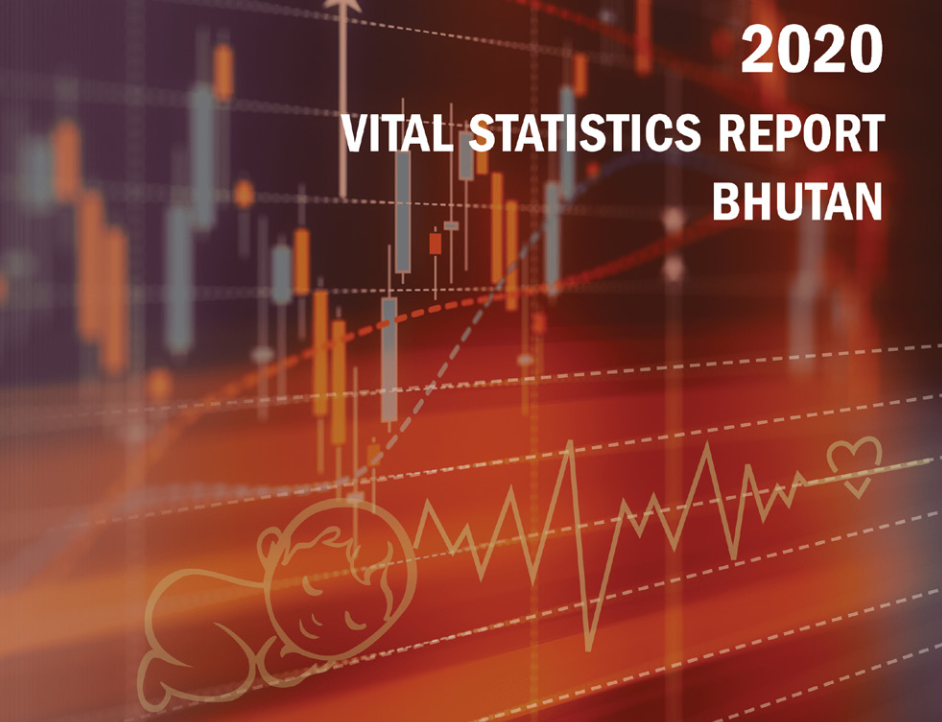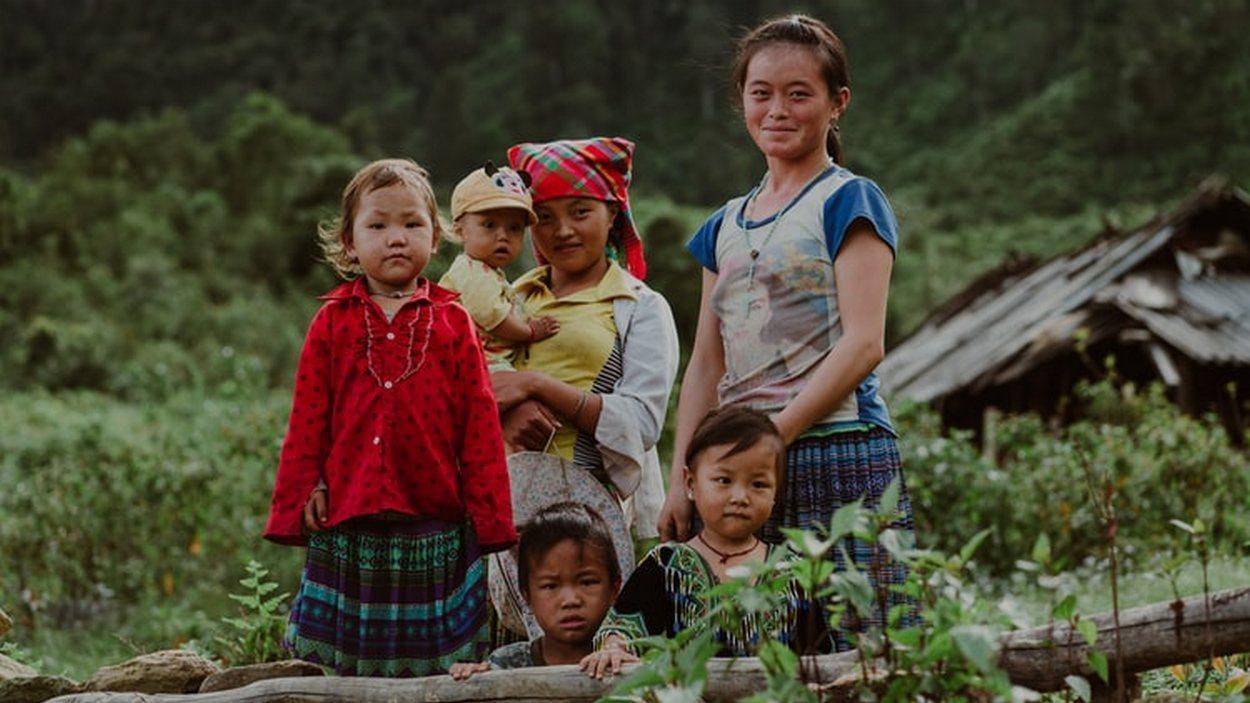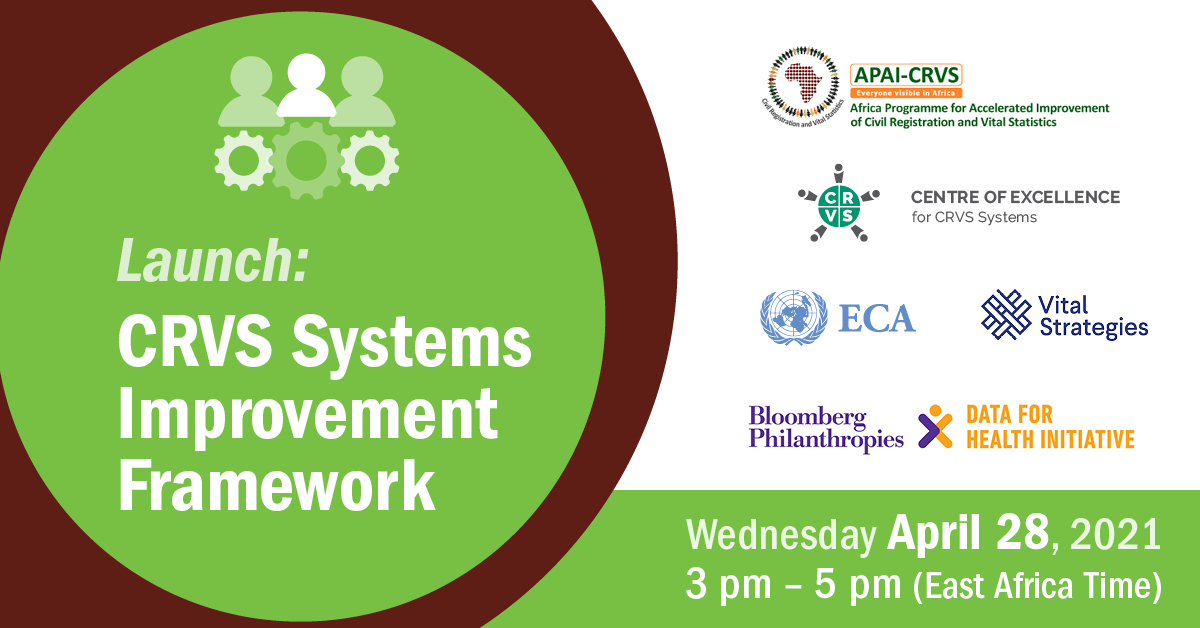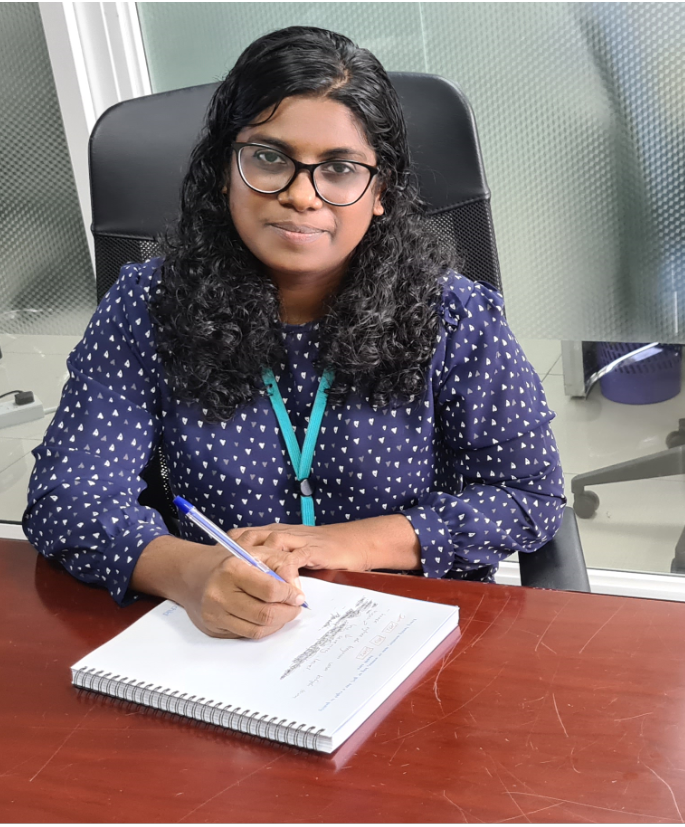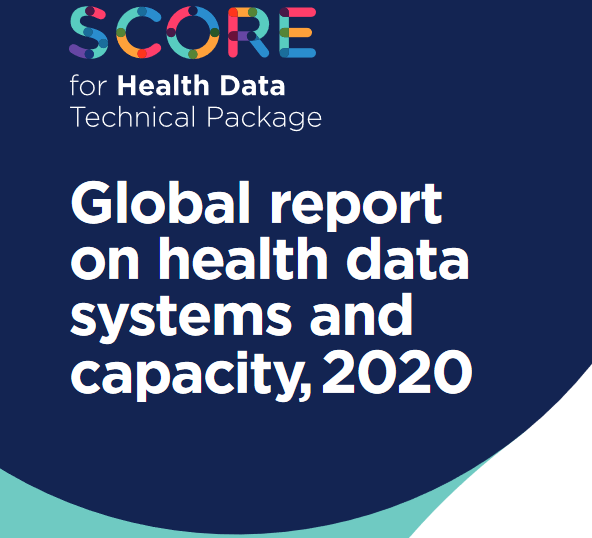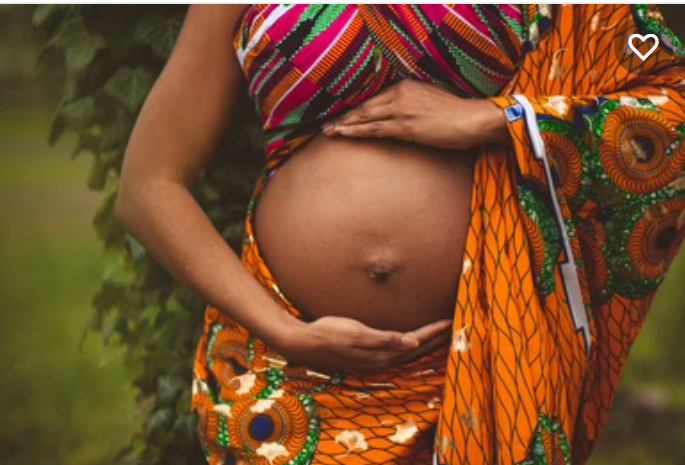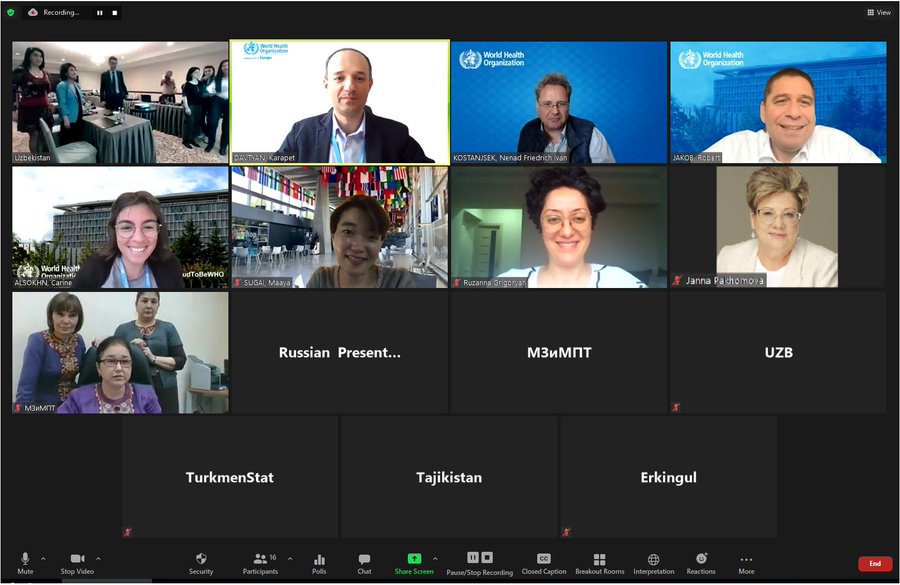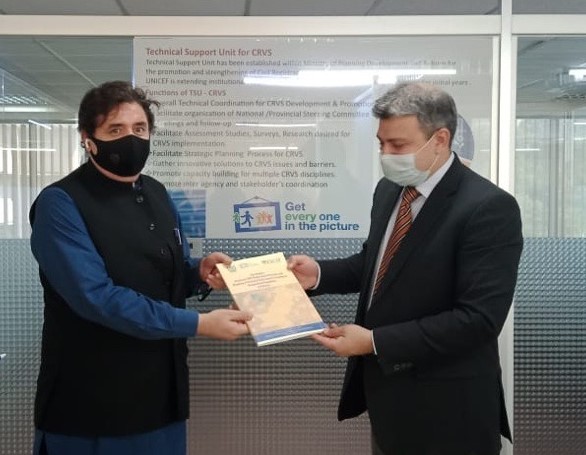On 19 September 2017 in New York, the International Labour Organization launched two seminal reports: Global Estimates for Child Labour: Results and Trends, 2012 – 2016 and Global Estimates of Modern Slavery: Forced Labour and Forced Marriage. Following the multi-year, collaborative research project conducted with Alliance 8.7 Members, the Walk Free Foundation and the International Organization for Migration, the reports reveal what the ILO deems the “true scale of modern slavery around the world”. Notably, the Child Labour report highlights the importance of birth registration, specifically as it pertains to building a policy response to child labour for the road forward.
First, the report emphasizes that, “Free and compulsory education of good quality up to the minimum age for admission to employment is a key tool in ending child labour”, but also notes that the cost to the family is one of the primary barriers preventing educational access for children. In response, the report stresses the need for investment in child education and singles out the link between cash transfers, non-means-tested benefits, and birth registration as a viable method for offsetting “the indirect cost of children’s time in school”.
Second, the report acknowledges poverty, risks, and shocks to the family as the primary drivers behind child labour and says that “social security is critical to mitigating these vulnerabilities”. After emphasizing public employment programmes, health protections, unemployment protections, and basic income security as the basis for a well-designed social security system, the report ultimately concludes that “Birth registration, itself a key human right, is an essential starting point for ensuring coverage in all of these areas”.
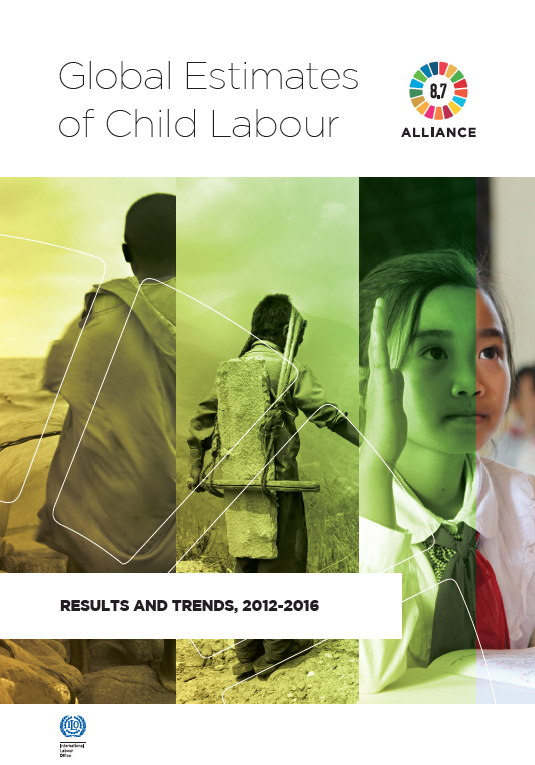
More News
(Newsletter: CRVS Insight May 2021) The Bloomberg Philanthropies Data for Health Initiative has…
(Newsletter: CRVS Insight May 2021) To leverage the use of administrative data for statistical…
(Newsletter: CRVS Insight May 2021) The seventh meeting of the Regional Steering Group for CRVS in…
To promote the launch of the CRVS Improvement Framework, ESCAP and Vital Strategies have published…
(Newsletter: CRVS Insight April (2) 2021) To assist countries in the development of their CRVS…
(Newsletter: CRVS Insight April (2) 2021) Each month, our community newsletter puts a spotlight on…
(Newsletter: CRVS Insight April (2) 2021) The World Health Organization’s Global report on health…
(Newsletter: CRVS Insight April (2) 2021) The Global Health Advocacy Incubator (GHAI) has…
(Newsletter: CRVS Insight April (2) 2021) The 11th Revision of the International Classification of…
(Newsletter: CRVS Insight April (2) 2021) The "Gap Analysis of Current CRVS Registration Practices…



